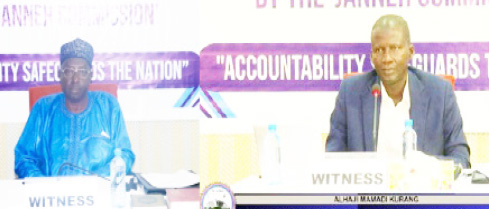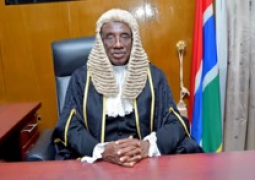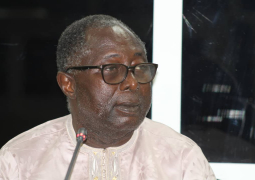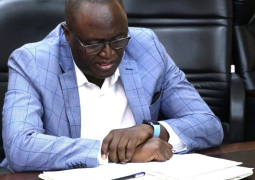
Cham, under questioning by Lead Counsel Ajie Sainey Kah, detailed how Commission Secretary Mr Kurang instructed GLMA during an October 2017 meeting: "They will take all the values and records. We will just go there and advise them on the price."
When asked why GLMA complied, Cham stated: "My perception was you don’t want [Commission] records shared with any outsider." He admitted the agency, established by an Act of Parliament, kept no independent documentation of the 5-day exercise valuing animals under High Court order.
The revelation shocked the inquiry’s Lead Counsel Kah and pressed: “As an independent institution, why did you not keep your record?” Cham defended the decision, citing the Commission’s legal authority and "confidentiality," but conceded in hindsight: "It was necessary to keep records.”
Critically, Cham linked the lack of records to the later chaos. When animals were sold, GLMA was barred from overseeing the sales despite valuing the livestock.
Cham also revealed his desperate call to the Secretary: “I said we could advise on the valuation.” The request was rejected he said, adding that social media later alleged animals were sold "cheap," leaving Cham frustrated: “If we were there, maybe that things would not have happened,” he stressed.
Mr Cham also revealed he was not aware of any estimated weight and price and that not all animals were tagged. “I don’t know where they took these figures. What I realised was done is, we were blindfolded for a reason,” Cham stressed.
Mr Cham said he could not imagine a commission would do such. According to him, the commission wrote a whole fake report and later cast blame on GLMA.
Mr Cham outlined that for a state commission directing a statutory body to perform sensitive work without transparency sets a dangerous precedent for oversight of public assets.




